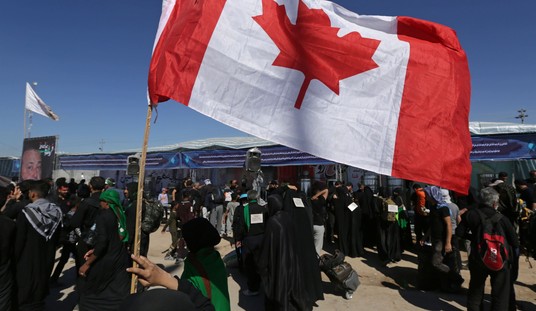JERUSALEM — Earlier today, the Tomorrow 2013 Presidential Conference arranged an interview with one of the most knowledgeable men on regional conflicts, multilateral diplomacy, and the long history undergirding both, Ambassador Dore Gold. Now at the Jerusalem Center for Public Affairs, Gold provides support for public officials navigating the rocky shoals of foreign and domestic policy, and educates the general public as well. I met Ambassador Gold at his office to discuss the Presidential Conference, the conflict in Syria, and the perhaps intractable Israeli-Palestinian conflict as well:
Ambassador Gold believes that the humanitarian crisis in Syria, as well as strategic interests there, require Western intervention. “It would be a disaster,” he explains, “for Syria and Iran to come out victorious in the current confrontation.” Iran’s hegemonial ambitions go well beyond Syria, but without Syria they would be nearly impossible to fulfill. “They now have boots on the ground in the Syrian War, shooting Sunni Arabs,” as well as their long-term backing of Hezbollah and their entry into the conflict. Clearly, they desperately want to keep Assad in power.
On the other hand, Gold warns that we have to be smart about our partners. In Libya, we went beyond the language of the UN resolution to topple Qaddafi, and now the Russians don’t trust us in Syria, even though there is a strong, shared interest in fighting radical Islamists. The result: a proliferation of arms from the Libyan caches bought from the Russians, including shoulder-fired missiles capable of shooting down aircraft in Gaza.
That brought us to the conflict closer to home for Israel. Ambassador Gold largely dismisses the value of Western intervention, telling me, “The only ones who can solve this problem are the parties themselves. … You can’t want peace more than the parties themselves.” The pact with Egypt was realized not because of American diplomacy but because Menachem Begin and Anwar Sadat wanted to head off Western dictates. The treaty with Jordan was arranged directly.
Furthermore, Gold stresses that some of the core issues may be irresolvable, and the challenge will be not to reach a comprehensive settlement but to find ways to live with the disagreements without necessarily resolving them. “No one has resolved Kashmir,” Gold points out, or Cyprus, the Kureil Islands, or even Taiwan. A more limited agreement might be possible, but the view “from 100,000 feet” show that some divisions simply can’t be bridged because the demands are mutually exclusive. “The Israelis are not going to divide Jerusalem,” Gold insists. “People should get that through their head. Public opinion is overwhelmingly against it.”
Gold gave me two books after the interview. The first was his 2007 bestseller The Fight for Jerusalem, and the second is the latest version of the JCPA’s Israel’s Critical Security Requirements for Defensible Borders, a symposium of analyses from experts such as Moshe Yaalon, Uzi Dayan, and current Israeli national security adviser Yaakov Amidror. I will be closely examining both, and readers may want to get both on their bookshelves.








Join the conversation as a VIP Member